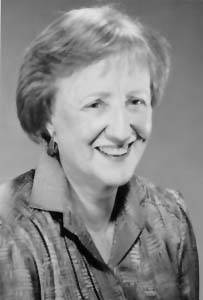
Lucille Eichengreen was born and raised in Germany. Having been persecuted for being Jewish all her life, she and her family were taken as prisoners by German SS troops and sent to camps such as Auschwitz, Bergen-Belsen, and Neuengamme.
Her mother, father and sister did not survive. After surviving the Holocaust, she wrote a book called, From Ashes to Life: My Memories of the Holocaust that accounts for her inexpressable ordeal as a Nazi prisoner.
Lucille's story depicts first hand the impossibility of being liberated and having things "all better." On the contrary, she explains the initial difficulty in realizing that she was free:
"What had we become? The Germans had succeeded in reducing us to subhumans. Would we ever be normal again? It seemed impossible. Despite our liberation, I was totally without hope."
The inexpressable devastation of humanity inflicted by the Nazi's left an nasty reminder to everyone that people do these things to people. The troop of British soldiers who liberated her camp could not prepare themselves for what was in store as they began to survey the camp:
"There was horror in their faces. They were unable to comprehend what they saw. They stared at human beings who were barely human, reduced to skeletons with burning eyes and halting voices, bearing little resemblance to women. These still-breathing collections of bones all hoped to live. Their hollow eyes followed us."
Sadly, for many who were alive as the camp was being liberated died shortly thereafter. Their frail existence could not even survive the reality of liberation. Though liberation had come quickly to them thousands were dying even as they tried to receive nourishment. As a result, many died within the first week of liberation.
These quotes were taken from Lucille's recent book From Ashes to Life: My Memories of the Holocaust
